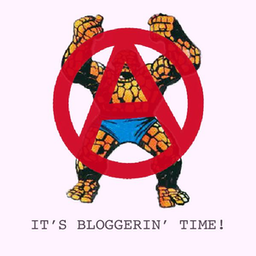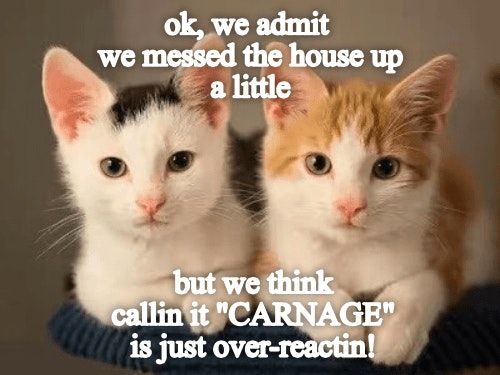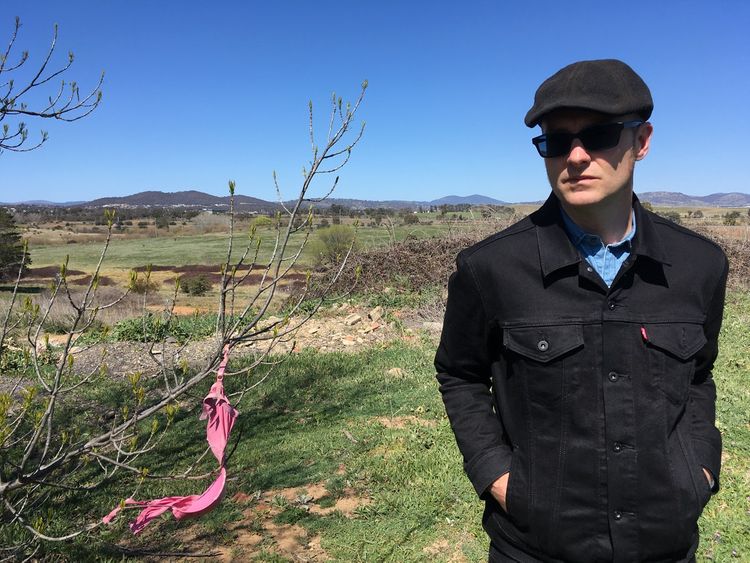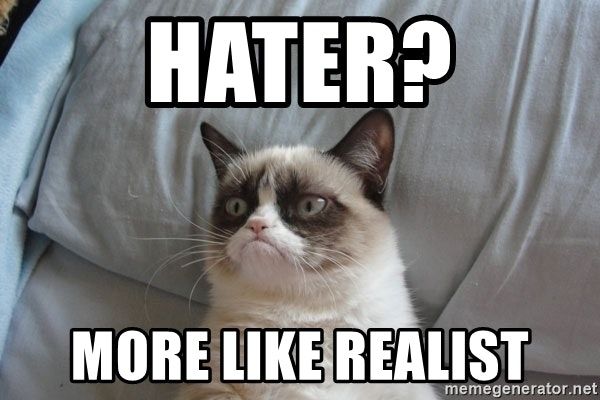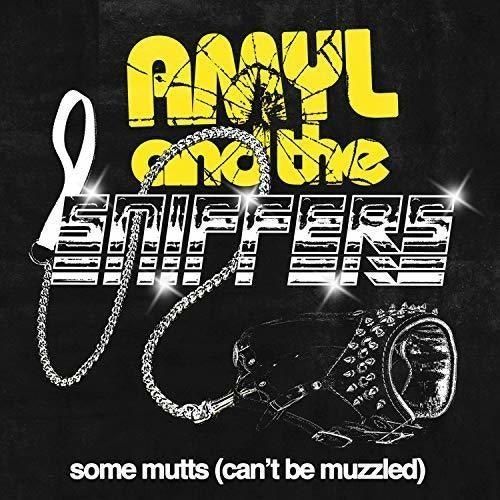Notes on the Sublime Pleasures of Daughn Gibson's Me Moan. Plus Brief Discussion of New Moor Mother/billy woods
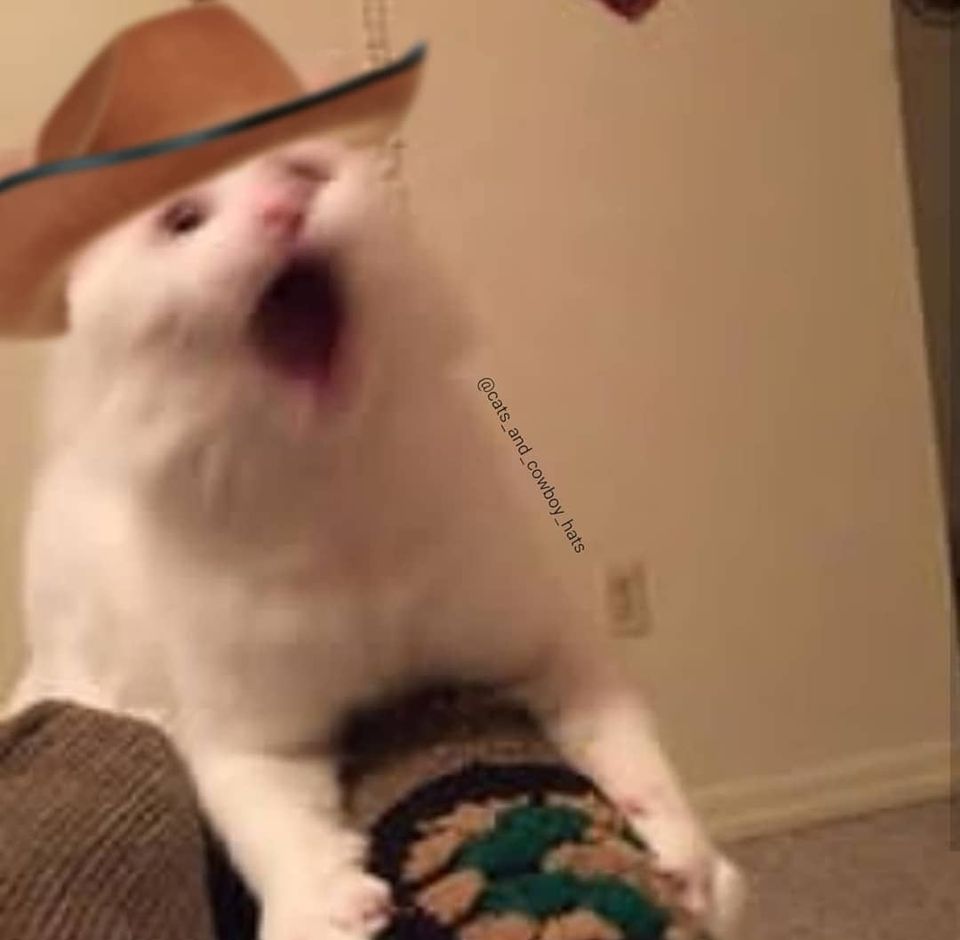
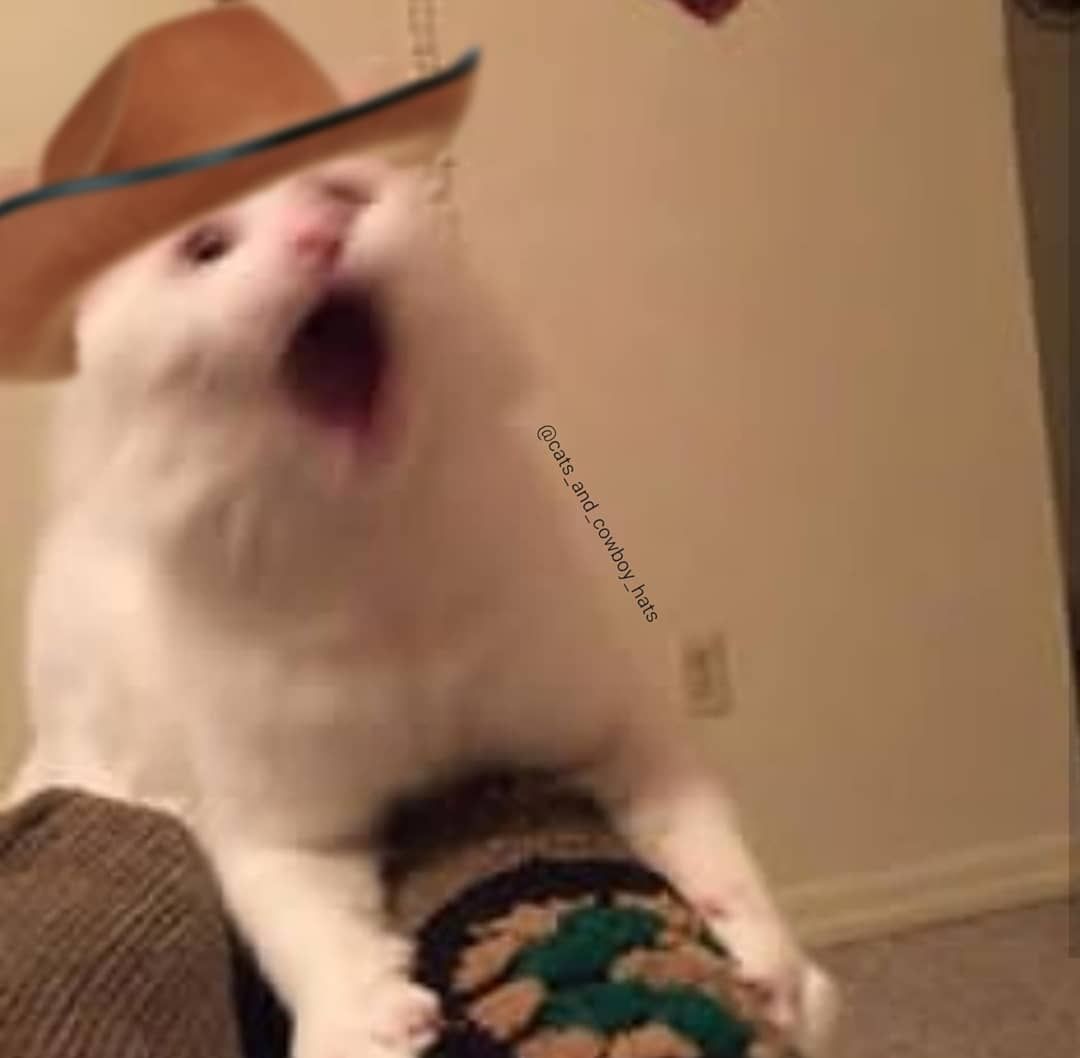
Except for the last twenty-four years, I’ve always lived in small towns. Of my first two decades, most of those small towns I lived in were in Western Massachusetts; a place that, despite the ample farmland, rolling hills, and propensity for mills shutting down, few people outside its borders regard as “the country.” Despite the enormous class differences that exist from town to town all along the New York/Massachusetts state border, when outsiders (or Summer home New Yorkers) talk about Berkshire county they tend to talk of the Village Beautiful of Williamstown or the Mass MOCA of North Adams more than they do the surrounding farms. Or for that matter the living standards of those North Adams residents who have yet to reap the financial benefits of a Wilco Approved art museum in their midst. Considering the outsized cultural footprint of places like Shakespeare & Company (“Shake & Co.”) or the wine-and-cheese-and-classical-music lawn mecca, Tanglewood, this erasure of the area’s agrarian side is, while not great, somewhat understandable. I’ve been guilty of it myself. When the former singer of Staind, Aaron Lewis, repositioned himself as a country crooner from Worthington, MA, my initial thought was “motherfucker, you live within spitting distance from the Pittsfield King Kone.” That my childhood favorite soft serve emporium is what I considered a disqualifying cultural touchstone is besides the point. I could have just as easily said Edith Wharton’s estate. (Speaking of which, Lewis put his estate up for sale in August. Asking price: $3,500,000.) But nu-metal riches aside, Lewis has been profiled in enough hunting magazines to stake whatever claims of Good Ol’ Boy authenticity he needs to sleep soundly at night, amongst the peeper frogs and strains of Yo Yo Ma coming up over the Berkshire foothills. If there’s any real questions of authenticity, they’re born from my own insecurities and therefore not the former singer of Staind’s problem.
Daughn Gibson grew up in a small town in rural Pennsylvania. Well, sort of rural, in that Carlisle, PA*. is kind of a suburb of Harrisburg, PA., a college town. My father’s family is from nearby Lock Haven (you can still listen to my Uncle John do the occasional local wrestling or baseball broadcast on WBPZ if you’re ever in the area), and my dad remembers Carlisle growing up as a pretty “pleasant small town.”
*CORRECTION: As has been (very nicely) pointed out to me by Matt Korvette (and a number of my Pennsylvania readers), Daughn Gibson actually grew up in Nazareth, Pa. While this potentially blows one of the theses from my initial MySpace review completely out of the water, I think/hope it doesn’t affect this essay too much. Regardless, I apologize to all the good people of Nazareth. Abundant Living regrets the error. Go Blue Eagles!
The above is a paraphrase (with tenses updated and embarrassing phrasing cut out) from a review I did of Daughn Gibson’s 2013 album, Me Moan, for MySpace’s brief early twenty-teens foray into vertical (in MySpace’s case a counterintuitive horizontal) music journalism. Considering how much I adored (and still adore) that record, stuttering rockabilly disco buoyed by a voice like sulfur hexafluoride huffing thunder rolling through a sexy valley, it’s a bit fucked up that I felt the need to second guess the man’s rustic upbringing. Going so far as to fact check with my dad the relative sordidness of Gibson’s hometown. For someone who has always professed a studied indifference towards questions of authenticity, I sure did (and do) talk about it a lot.
Being insecure/ashamed of one’s actual background is some eminently human shit. Rich kids dress poor. Middle class kids a million shades of non-black appropriate black vernacular. Kids a million shades of non-white, from every class but “rich as hell,” codeswitch to get ahead. Which isn’t the same as being ashamed but must assuredly fuck kid up eventually. Poor kids faking posh backgrounds isn’t as popular as it was in Gatsby’s heyday, but it still happens. For myself, I’ve never affected poverty or emotional damage, but I’ve always wanted to be from a place with stories. And not Updike stories. And I am! Kind of! I love the Berkshires, my mom’s kind and wonderful neighbors especially. But amidst the convivial community, culture, and Fall foliage, we had as much heartache, death, and sulfurous idiocy as any other towns or counties. I lived through school shootings in Great Barrington, the police force in Williamstown is under investigation by the NAACP, Pittsfield was an early adopter of both punk rock and crack cocaine, and the high schoolers of the twin south county towns of Lenox and Lee have been feuding over dueling drowned kid narratives since 1981. But, despite the best efforts of our malignant police forces and the Hudson heroin pipeliners, the grittiest story commonly attached to The Berkshires is still Arlo Guthrie’s “Alice’s Restaurant.” Look, it’s pretty much a given that the geography of America can best be illustrated by a topographic sheet of tectonic myths, big and small, scraping into and over each other. If our living within myths wasn’t a given, Don DeLillo, Ras Kass, and the 1950s would all be out of a job. But even accepting that, it can still irk that nobody ever added a Pennsyltucky style “-tucky” to Western Massachusetts. Not that I want the implicit classism of that suffix, but it would have been nice to be asked.
(By the way, if you’d like to donate to the care of Alice’s Restaurant’s namesake, please do so.)
In my defense for projected my own bullshit upon Daughn Gibson, a singer I admire, I was at the time responding as much to the media coverage of Mr. Gibson (the latched-on mythology of him as an indie bohunk primitive from the sticks) as the music itself. It seemed to me that there was too much made of Gibson’s real Americana murder ballad vibes; Nick Cave but less Faulkner and more truck stop. His “We didn’t see you on Sunday” debauchery coupled with the fact that dude worked a few jobs outside of the Matador mailroom gave critics, at least ones who don’t know people with real jobs, blue collar goth boners that you could see from space.
Actually, as defenses go, that one stinkst. My tendency to see art through the prism of my own grievances with music writing (my peers! My friends even!) is unfortunate (if occasionally entirely correct). Daughn Gibson didn’t make an indie world so bereft of class consciousness that any admission of holding down a day job, outside of record store clerking, was immediately fetishized to the point of absurdity. He just grew up in Pennsylvania, sang real low, and looked better rippling through a worn FILTH shirt than your average post-grad guitar-toting aristocrat.
It was Daughn Gibson’s bad luck to get it from both sides. His first album, 2012’s All Hell, was put out by White Denim Label, the excellent (they were hip to Native Cats before anyone stateside) limited release art concern run by Pissed Jeans’ Matt Korvette. All Hell, a genuinely odd and outside-of-time collection of country record sampling balladry, was celebrated by critics, hipsters, and noiseniks alike. And deservedly so; it’s an American(a) beauty. It walks a noirish line between minimalist experimentation and the heady pop lights of Nashville (albeit a never-was Nashville that believed in country music as art as much as commodity, that didn’t drive Kristofferson to drink, and that wouldn’t dream of exposing Charlie Pride to COVID). Maybe fans heard the music more than the voice or maybe the voice was close enough to Nick Cave’s that all the pastepots assumed Gibson was one of them (us).
Then Gibson signed to Sub Pop and threw all inclinations towards minimalism right out the window. He made Me Moan with the same rough template as All Hell. Samples, basslines so full of dread as to verge on dub, and tales of small town debauchery sung not from a miner at the bottom of a coal mine but from the coalmine itself. But then Gibson pushed the lonesome, on’ry, and mean guitar lines into overdrive and threw a shit-ton of strings and glitter on top. With “The Sound of Law,” the album starts with a four-on-the-floor kick alternating with a picked, ever so slightly distorted, boogie guitar that sounds like it could just as easily be coming from a transistor radio or a passing UFO. Then the strings come in. The songs are rich with choral treatments that sound Theremin spooky and piano loops that sound like the ghost of someone who died from a broken heart after Human League went from “Being Boiled” to “Don’t You Want Me.” At the risk of hoedown reductionism, if Sisters of Mercy were a bar band on Justified… OK. Too far. Too reductionist (and, if not classist, then… something. Maybe country-ist.. Gothist… I dunno). But shit’s real gritty and baroque is what I’m saying.
Me Moan is overwrought where All Hell was barely restrained, cartoonish where All Hell was crosshatched, a pompadour of thrills to All Hell’s close cropped brooding. If All Hell was the sound of clipping loops and traditional song merged to make something dangerous, Me Moan was the sound of fingers poppin’, collars poppin', and… other things getting popped’, all to make something completely fabulous. All Hell was genius, but Me Moan was fucking brilliant. Obviously the aesthetes groked Me Moan not even a smidgen. The professional avanters and gloom merchants, often already fickle and usually preferring the willfully obscure artiste to the sexy beast (with the exception of Nick Cave, who they already had one of), and preturnaturely disposed to preferring Jack White as their Jolene gateway to Strawberry Switchblade, bailed the fuck out of the Good Ship SS Gibson. Or, if that nautical metaphor doesn’t do it for you, like the rich pricks leaving that poor Titanic string quartet to their fates. If said Titanic string quartet played Florida Country Line covers, but as awesomely as you’d rightly expect a Titanic string quartet to pull off. Nobody even gave Gibson credit for, on “You Don’t Fade” channelling Portishead’s cowboy forebears (The Mekons? Egyption Lover?) to invent (or perfect) country trip-hop.
Jerks. To the last.
Well, OK, maybe the reception wasn’t that bad. Mixed mainly. And I shouldn’t be too hard on those who genuinely just preferred All Hell to Me Moan. Some of my best friends are effete and impudent snobs. But motherfuckers didn’t love Me Moan like they should have. An album that starts with the lines “Daddy was a beast,” drawled out as a command that implied a deep kinship with both beasts and daddies, and ends with “I don’t wanna crawl through a place where the animals don’t eat at night” crooned from beyond the veil (or high thread count sheet). Eleven tracks of nothing but alternate reality pop hits; the whole record consisting of one third the saddest song Waylon ever sung, one third the contraband of an average ‘74 Merle Haggard tour bus, and one third “Don’t Tell Me”... as performed by one of Madonna’s shitkicking, Oklahoma-via-West-End (boys) backup dancers. What, I sincerely ask you, is not to like? Far as I’m concerned, there should have been a national holiday with parades and fruit punch and a Sadie Hawkins dance where Daughn Gibson was encouraged to cut in on every slow jam.
(All Hell is now tragically/irritatingly out of print, unavailable for purchase in any medium. Vinyl copies go for, I shit you not, hundreds of dollars. I can only assume that its erasure from our culture is on behalf of Sub Pop’s lawyers, making sure there’s nothing out there to cut into Orville Peck’s market shares.)
Indie America still hasn’t caught up with Me Moan’s bombastic twang. While the ladies of pop country are making music that’s as shiny and disco friendly as they have been making since the ‘80s, indie Americana continue its insistence on drudgery. I’d name names but I honestly can’t recall a single one. I just found out that Fleet Foxes and Foxygen are two different bands and now I have no idea who I’ve been making fun of all this time. When the truly exhausting wit of Father John Misty is as good as it gets, one can’t be blamed for signing in with a fake name and checking out early. And just look at what Big Indie did to poor Taylor Swift! When Lucinda sang “you took my joy” in 1998, she was presaging the diminishment of electroclash pleasures between Reputation and folklore. Not Daughn Gibson’s fault for sure, but probably someone’s.
I made the mistake, in my 2013 review, of conflating the cartoonish pleasures of Me Moan with a possible inauthenticity of emotion. I was partially being cute but I was largely being dumb. Just as Swift’s Reputation (and some of its followup) is, to my mind, her “realest” work (not to say that petty rage is “more real” than love, just that Ms. Swift probably never wore her best dress in the rain, but she sure as shit did hate the heck out of Katheryn Perry and wish the Kardashians would leave her the fuck alone), the trappings of pop are immaterial to truth; indicative of nothing outside the trappings themselves. Lots of hardcore singers are full of shit, Swift’s “The Archer” is more powerful than anything on folklore, and Me Moan may be called “glitch country” to a million rolled eyes (and god knows I have no extra insight into the songs’ empirical truths), but it’s still a collection of (yes) sexy, (yes) chest out, genuine (yes) heartbreakers. Morbid tales artfully told. No less morbid for all the glam shebang. Makes me feel like a real man as much as listening to Tom Waits or Chic does. Listening to Me Moan after midnight, reveling in the excess, boldly risking the belaboring the point; let’s just say that a bejewelled dagger is still a dagger. Ask Neil Diamond. Ask Neil Tennant. Ask Neil Young in the ‘80s, the last time he was fun instead of just honest.
I don’t worry about being authentically small town anymore. I’ve lived in the big city long enough that I front on punk cred more than I feel the need to casually drop references to chopping wood or staring down the neighborhood badger. I’m not much less insecure, but the currency has changed. And the years since I reviewed in MySpace what should have been Daughn Gibson’s breakout haven’t been unkind to the man. He put out a follow up, Carnation, in 2015. I didn’t care for it at the time. It felt like he was trying to get the Serious People back on his side. But, while still preferring the pep of Me Moan, I now think Carnation is a lovely record. Even better was 2016’s EP, Vas 1,which found Gibson homesteading a peaceable ground between all of our hero’s aesthetic concerns. Far too short at four songs, Gibson seemed like he was on his way to a sound that encompassed his impulses to both pillow-confessional crooning and blue suede electro. Sadly, Vas 1 was Daughn Gibson’s last release I’m aware of. I know he moved out west, hooked up with another musician I’m not at liberty to name, but of whom I’m a fan, started a family of sunglasses-at-night DIY royalty. During lockdown, he even moved the family back to Carlisle, Pa. for a hot minute. If not a John Wayne wagon-train movie exactly, then a Joan Didion short story with an atypical John Wayne happy ending.
I hope Daughn Gibson makes another album. But I’m not going to pester him about it either. Nor am I going to ask him how he feels about Orville Peck, an artist (who, to be clear, I’m exceedingly fond of) who took the show tune country noir of Me Moan and traded out the hip hop and blue suede for fringes, an even more critic-bait backstory, and Blue Velvet. And has done very (again, deservedly) well with it. Maybe Gibson doesn’t hear a similarity. Maybe he’s happy Sub Pop made their advance back. But I hope at least some part of him knows that I love his music and that, if social media is any indication, I’m not alone in this. And that, with Me Moan, he made one of the truly great records of the post-aughts. An album that, and I don’t much care if the reader forgives the hyperbole or not, had and has vision; vision backwards and vision forwards, and all the other positions a major cowdude might make work in the confined space of gothic Americana and/or a Chevy cargo bed. An album more real country than a country as unreal as ours could ever hope for or, really (there’s that word again), could ever deserve.
Thanks for reading! If you enjoyed this essay, please buy some Daughn Gibson.
PS. If you enjoy Gibson, check this flipping’ gorgeous Jordan Reyes album. If Daughn Gibson was a literal ghost, and he haunted Drew McDowall, this is what his dreams would sound like.
PPS. I know everybody is extremely excited about the surprise Taylor Swift album but I’ve been biting my tongue all the way through just to keep the secret of this new Moor Mother/billy woods full length drop. The Philly noise poet Moor Mother and rapper woods have collaborated before; with Moor Mother contributing to woods’ project with Elucid, Armand Hammer, and the two premiering “Furies” through Adult Swim earlier this year. Playing the parts of Swift’s collaborators (Haim, Bon Iver dude, National dude), Moor Mother and billy woods enlist The Alchemist, Preservation, Child Actor, Olof Melander, Willie Green, John Forte, ELUCID, Amirtha Kidambi, Franklin James Fisher (from Algiers), Mach Hommy, Imani Robinson, Wolf Weston (Saint Mela), Navy Blue, and Fielded. While Elucid is the half of Armand Hammer that is more assiduously attuned to the noise/avant end of the rap (and, uh, noise) scene, billy woods has found an equally potent pairing/grounding in Moor Mother. Well, maybe “grounding” is the wrong word. On the fifteen tracks that make up BRASS, the pair take turns spitting end-time mythology and troops-on-the-ground postmortems (both personal and societal) over bassline jazz and scuzzy static; co-piloting skywriting eruptions as much as they alternate hugging the (musique) concrete. I’ll need another lifetime to get inside the lyrics (and that’s for the sports references alone) but the sideways humor (Moor Mother at one point riffs on Body Count’s “There Goes The Neighborhood”) and anti-Brutalist rage (against both social architecture and run-of-the-mill brutes) threads throughout. I can’t write too much about Brass; day-of reviews are delusional. But I can say that even at its most noisy or reference-heavy/heavy-referencing, the record doesn't feel like homework. Or that it's, like, good for me. Which is always a danger with political minded art, especially avant minded political minded art. I mean, obviously, I like art but I don't, you know, always like it. But Brass, for all its intensity, is also two legit fucking geniuses challenging each other, bouncing off each other like madballs, getting absolutely wild in the streets. I begrudge none of you your Taylor Swift pleasures but, to me, BRASS is the EOY release that warrants ripping up all the EOY lists and starting again.
BRASS ain’t streaming yet, but you can BUY it NOWWWW.
PPPS: Just for kicks, here’s a likeminded Brass from that other mythic place; the 1990s. “Come back harder than a ‘90s trend,” INDEED.
